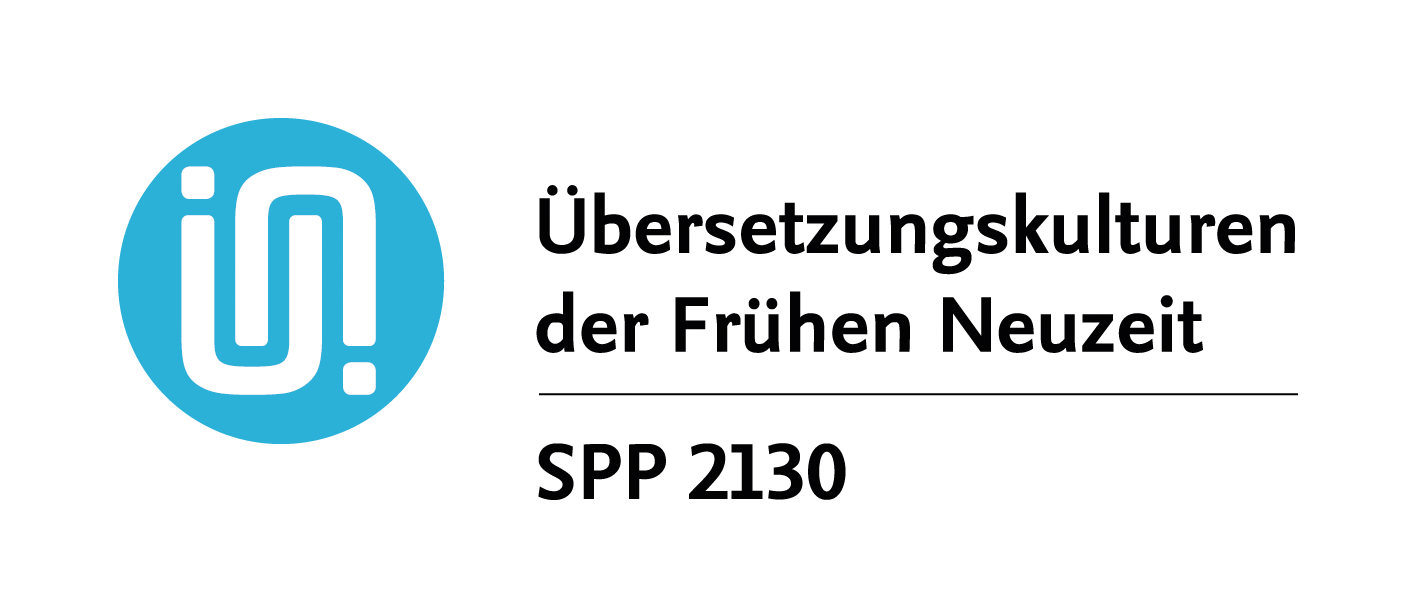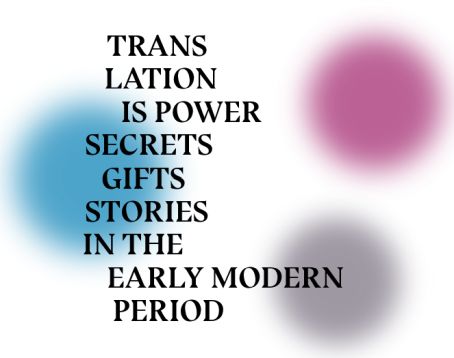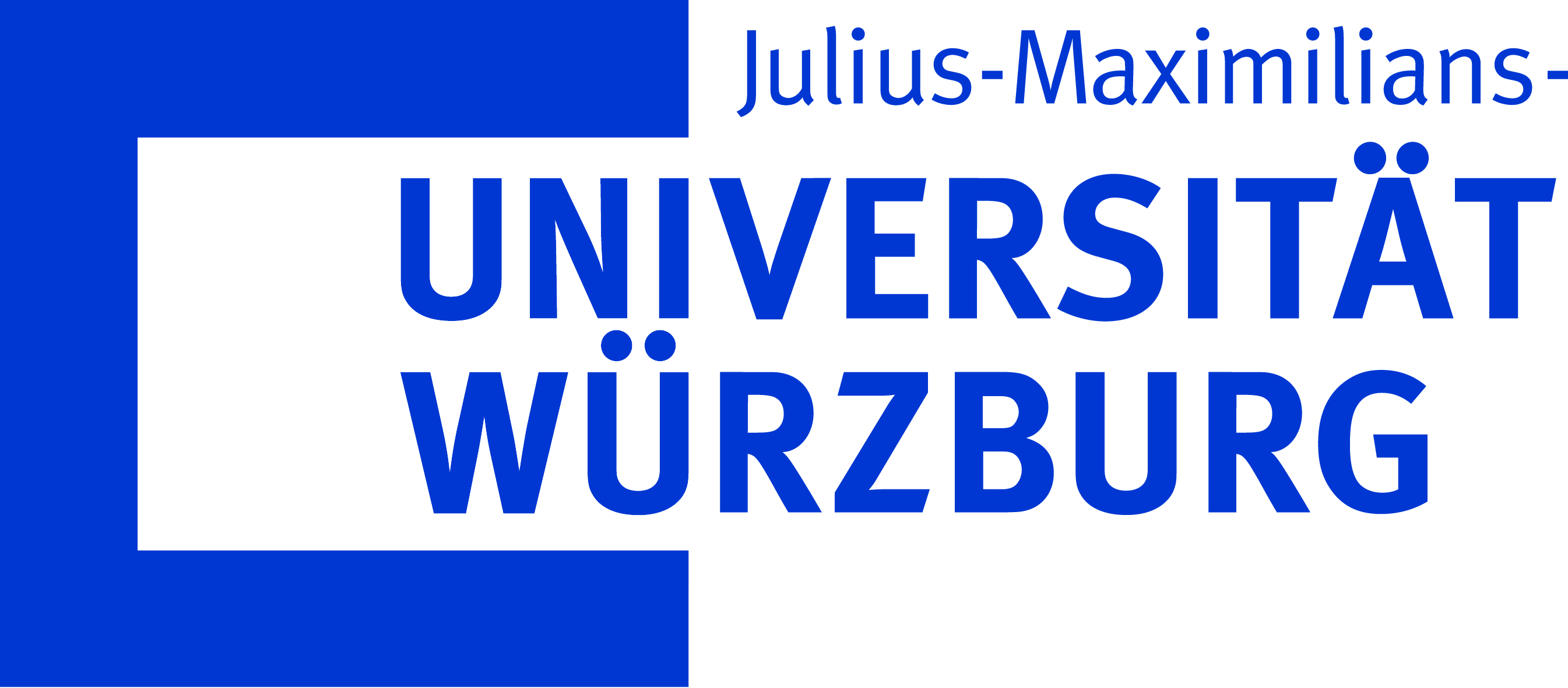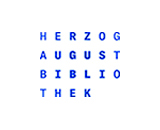Calender
Event Information:
-
Thu22Sep2022Sat24Sep2022Bamberg
14. 'The Language of the Early Modern Period’: Working conference of the Association of German Historians study group on the Early Modern period
‘By directing the focus to language as a fundamental medium of human communication, the working conference in Bamberg has set out to examine communicative practices, translations, and multilingualism in the Early Modern era. What were historical actors’ motives for gaining language skills and how did they use those skills. In what historical contexts did language barriers play a role, and how were those barriers overcome? To what extent did multilingualism have social, gender-specific, ethnic, or religious connotations? What were the linguistic effects of processes such as the Reformation, confessionalization, the establishment of the modern state system, the scientific revolution, and the Enlightenment? Reflection on these questions provides impulses for interdisciplinary collaboration—particularly with the linguistic and literary fields of study—as well as international cooperation.’ (Further information and programme)




